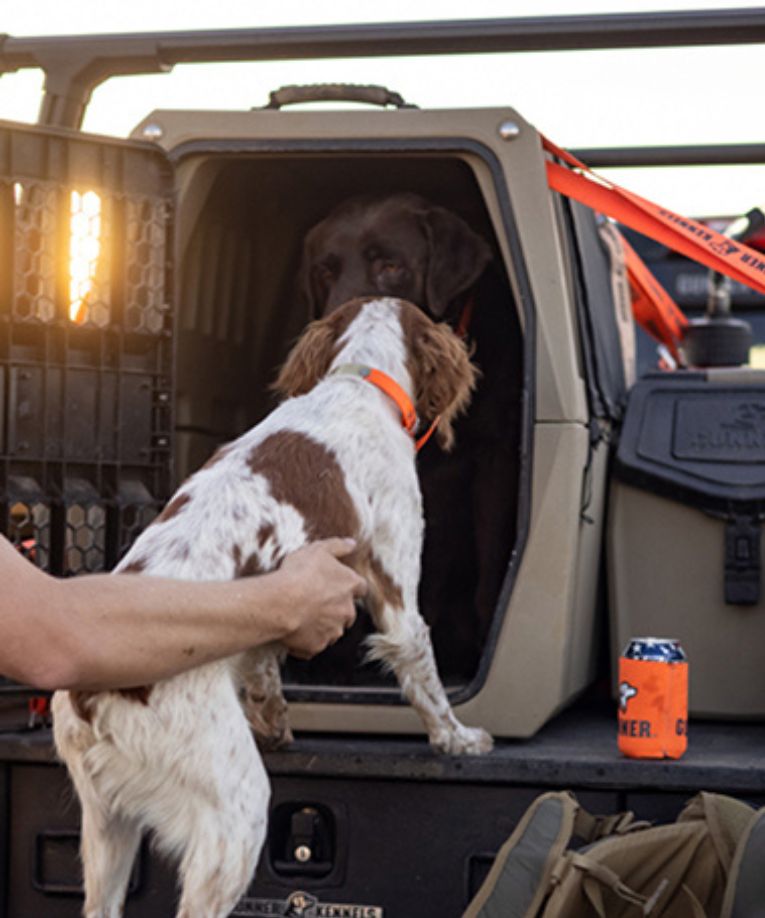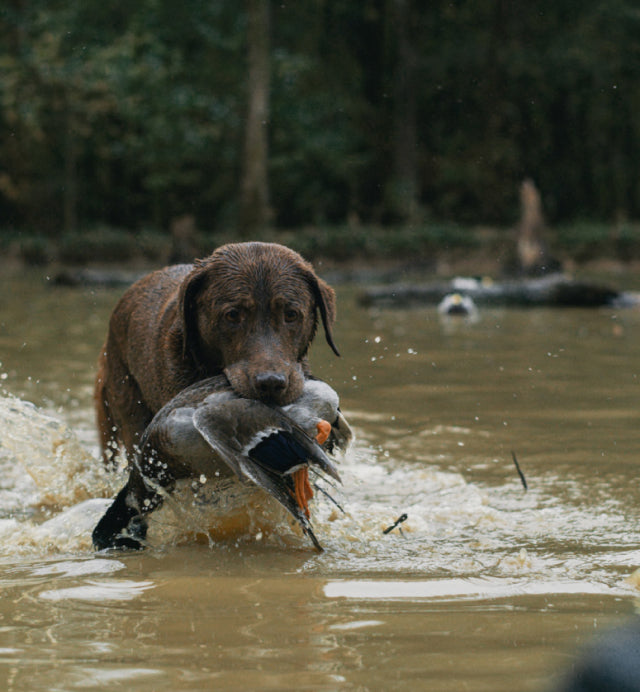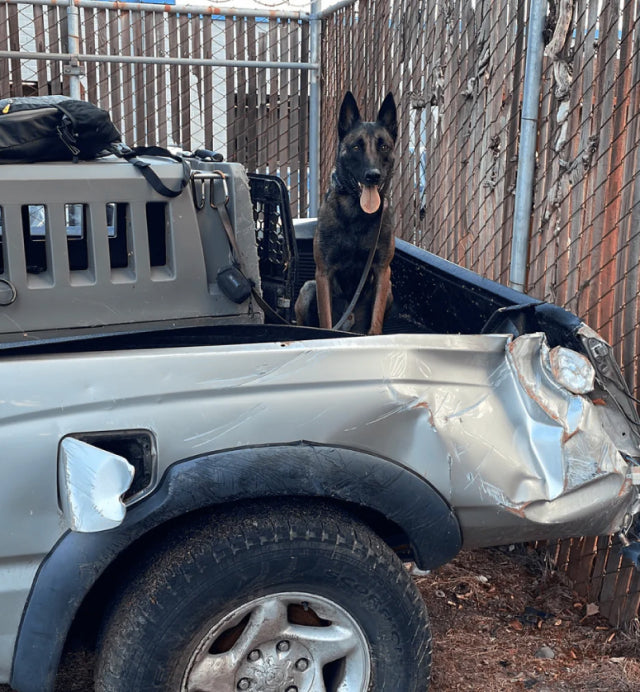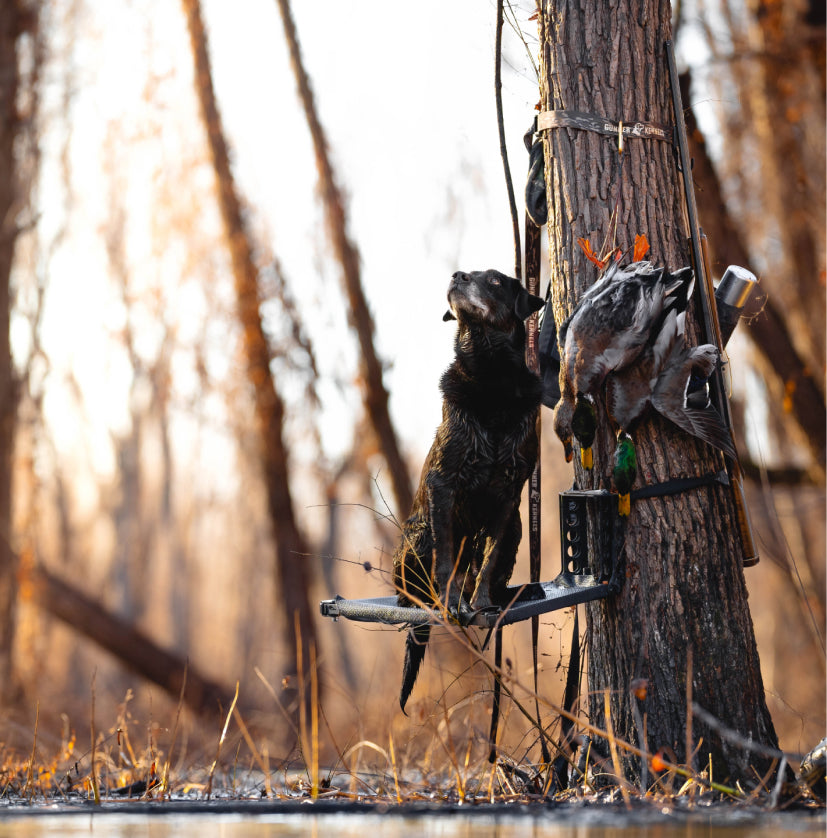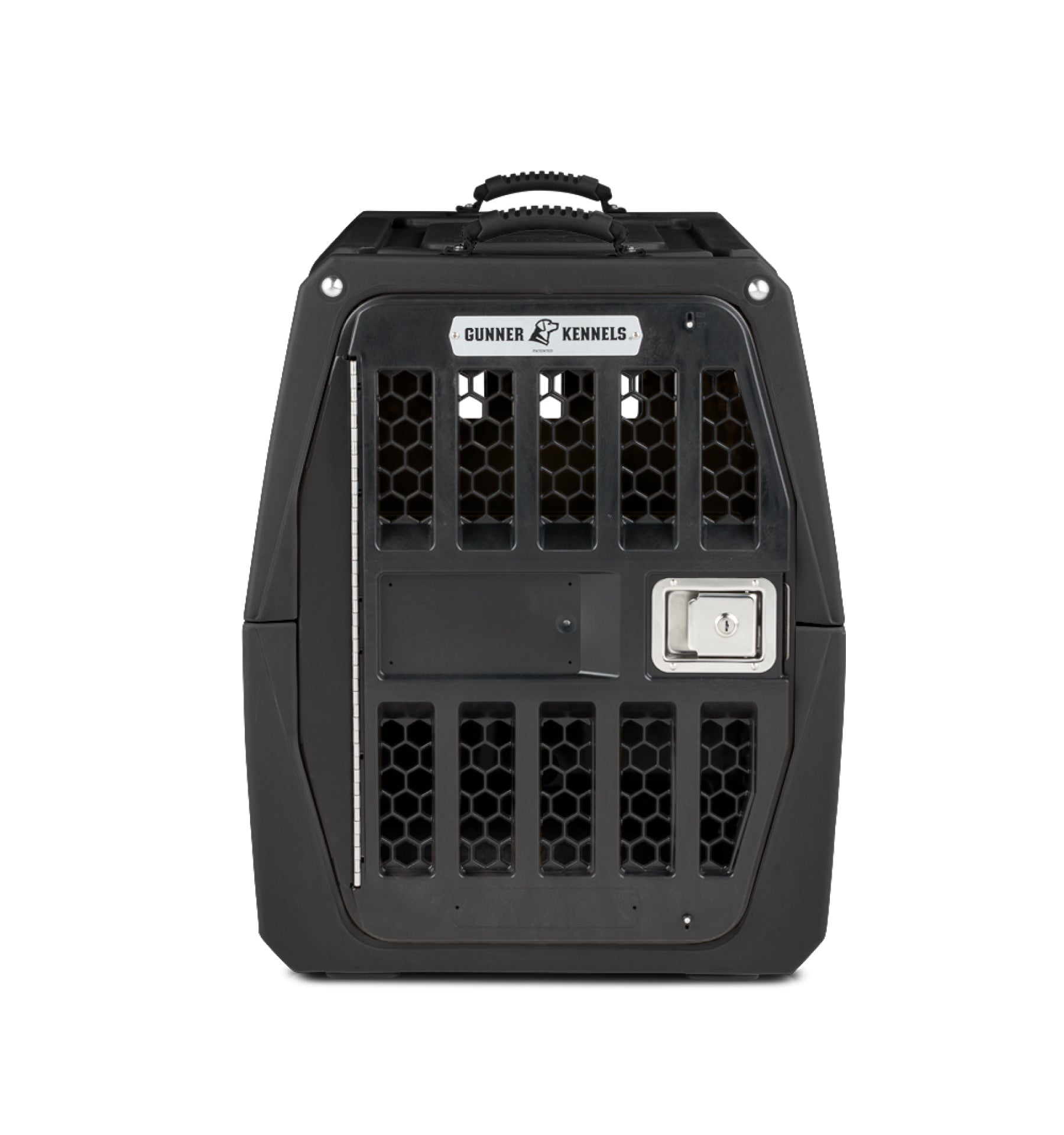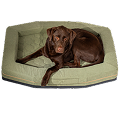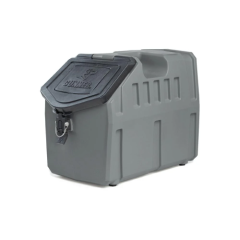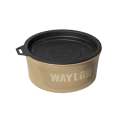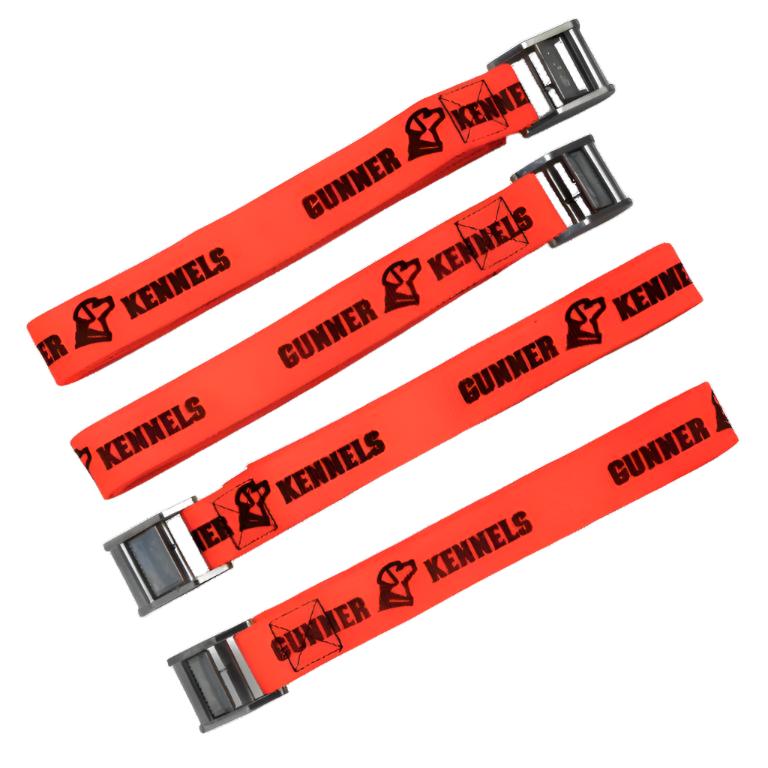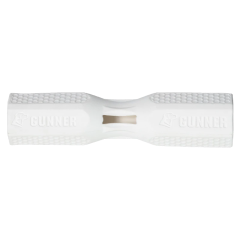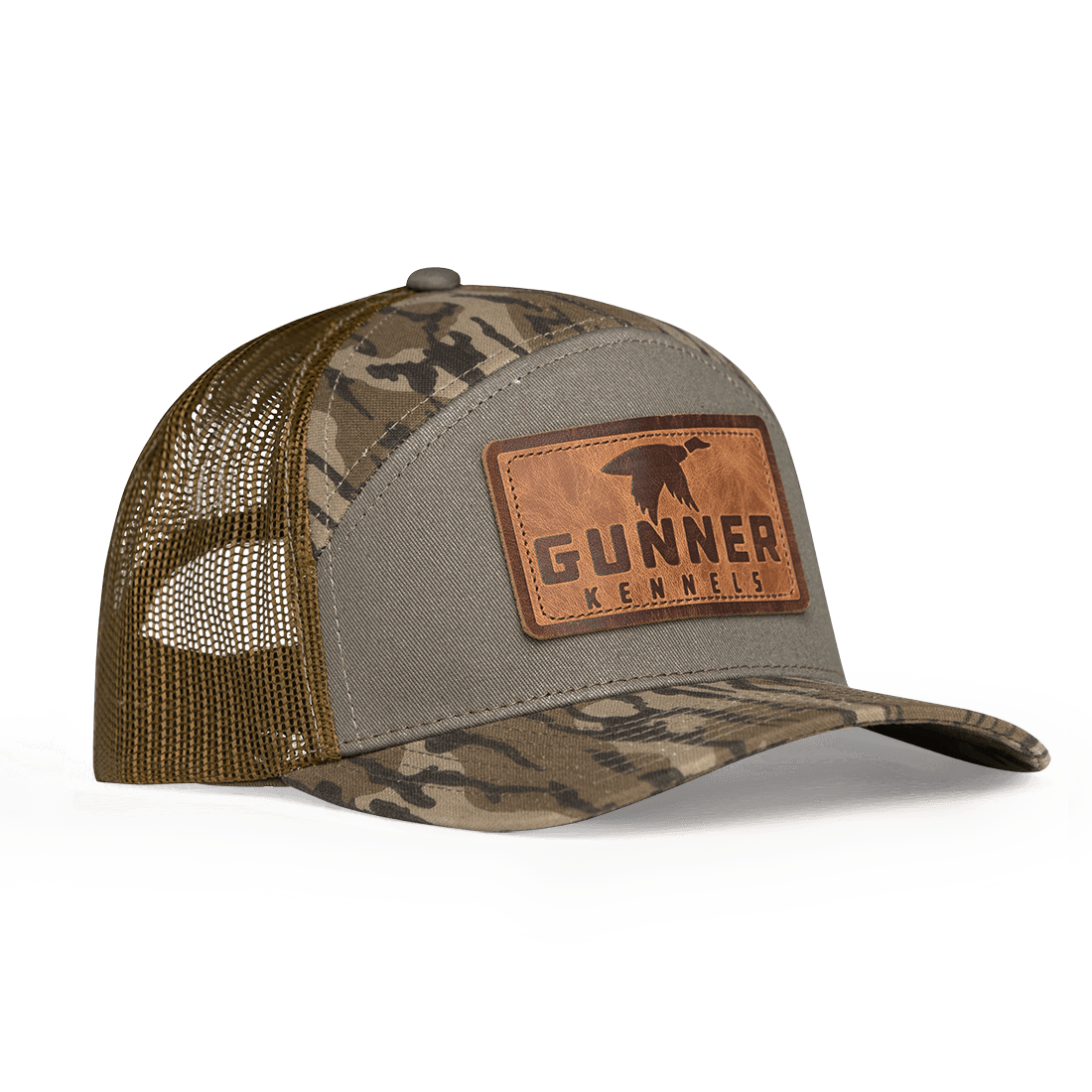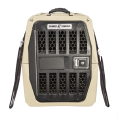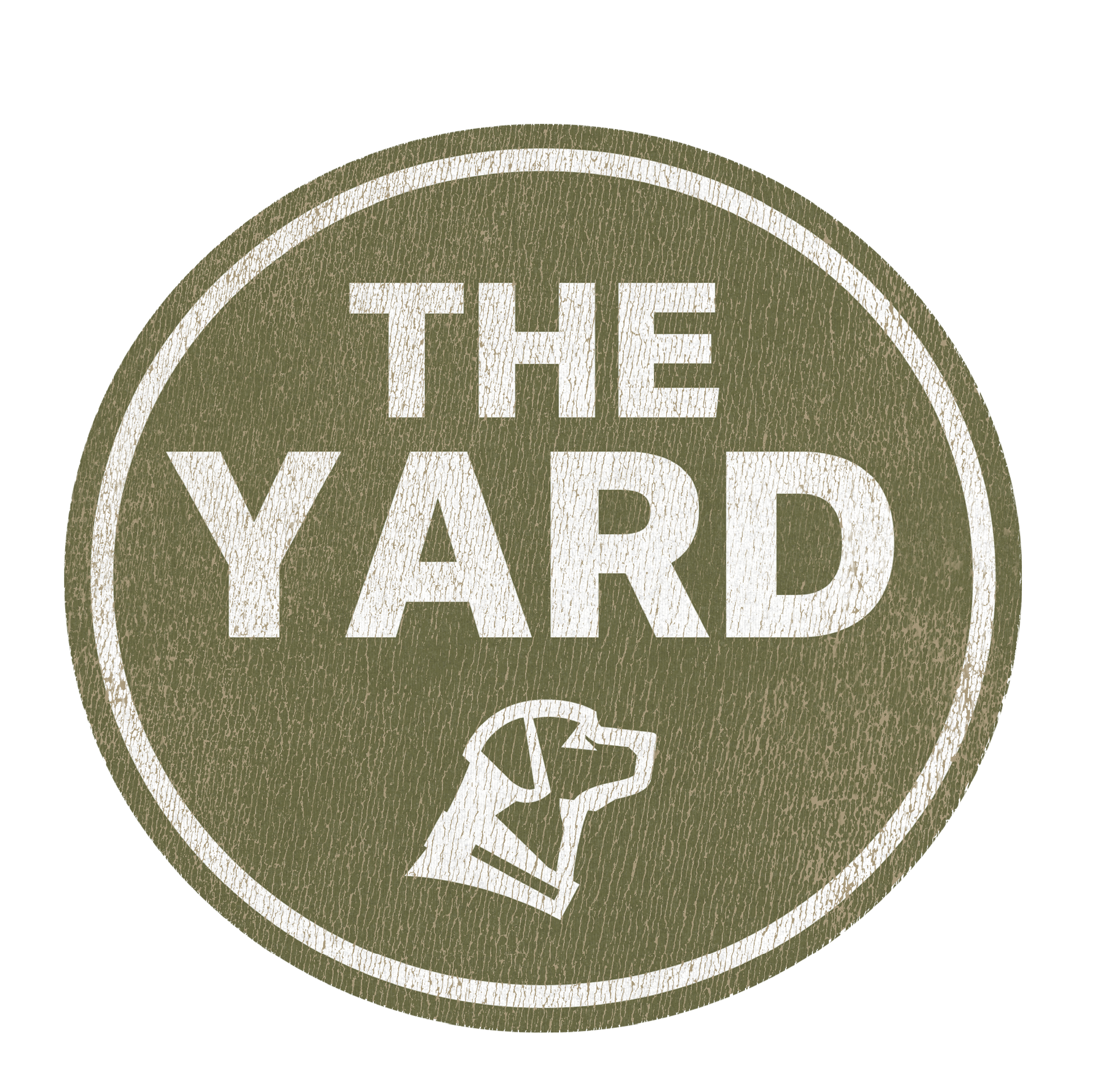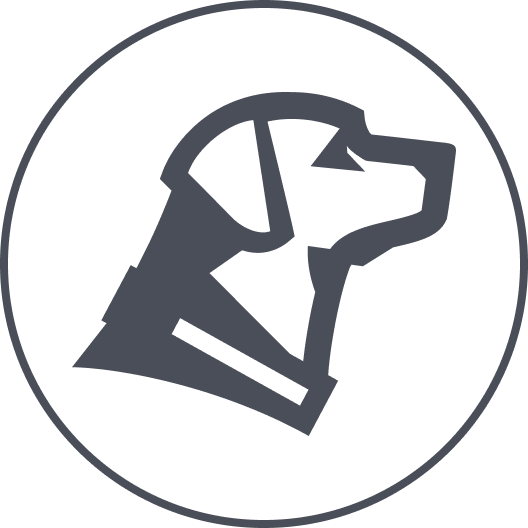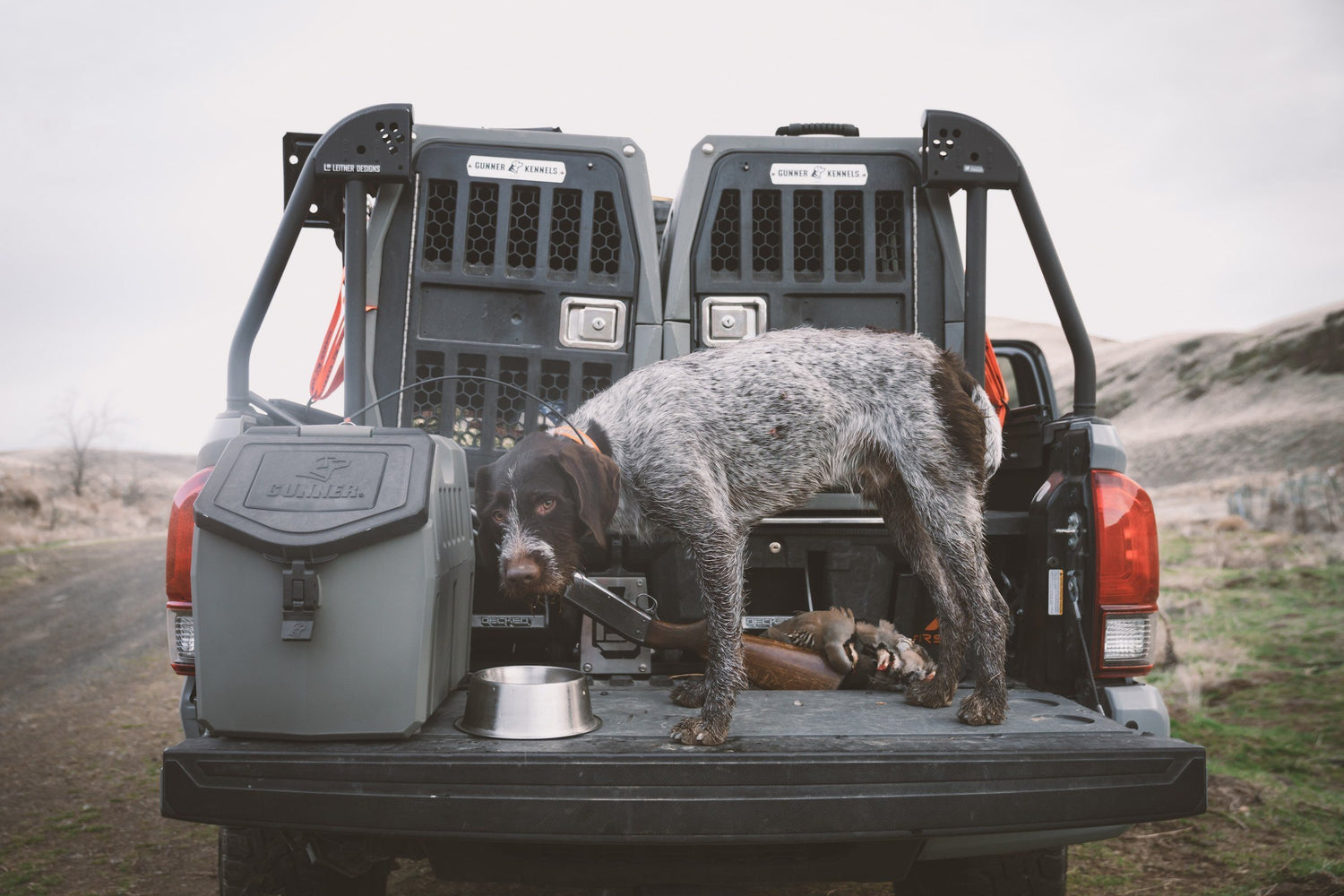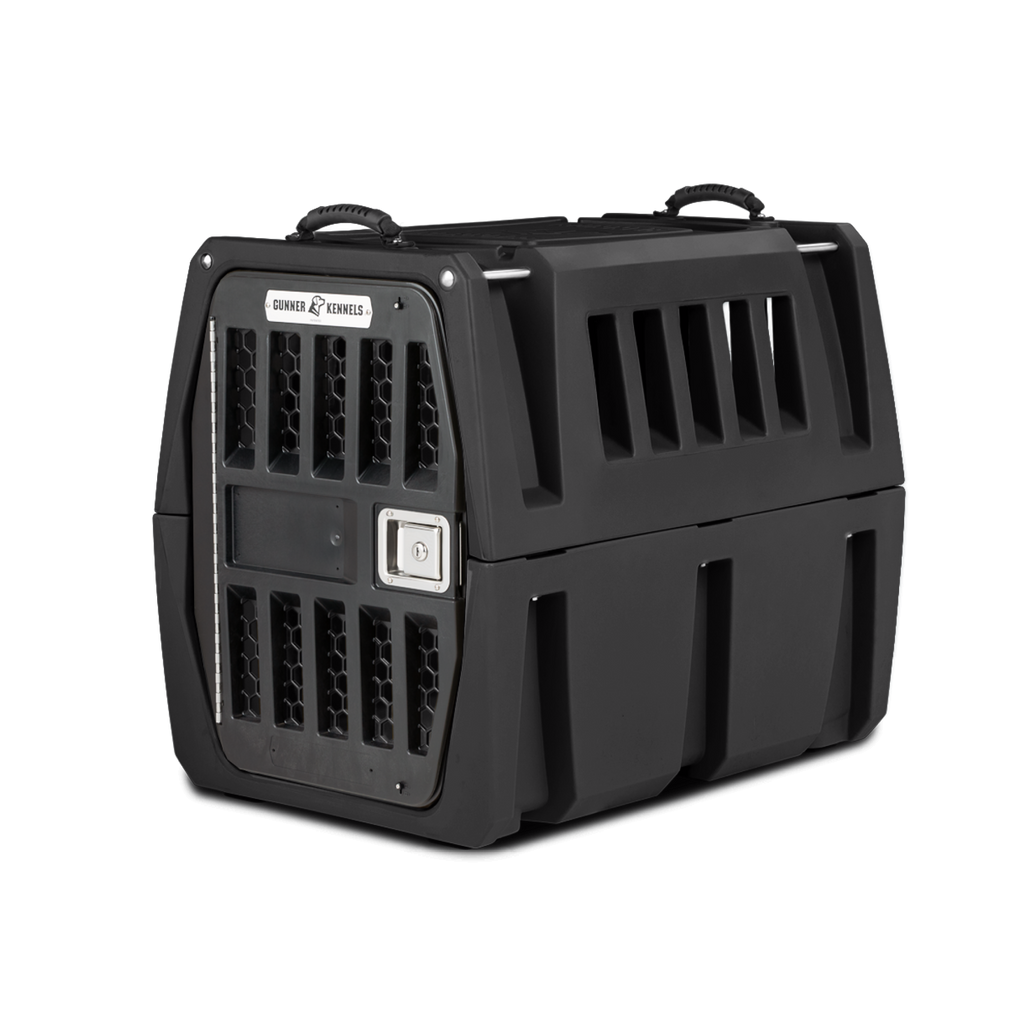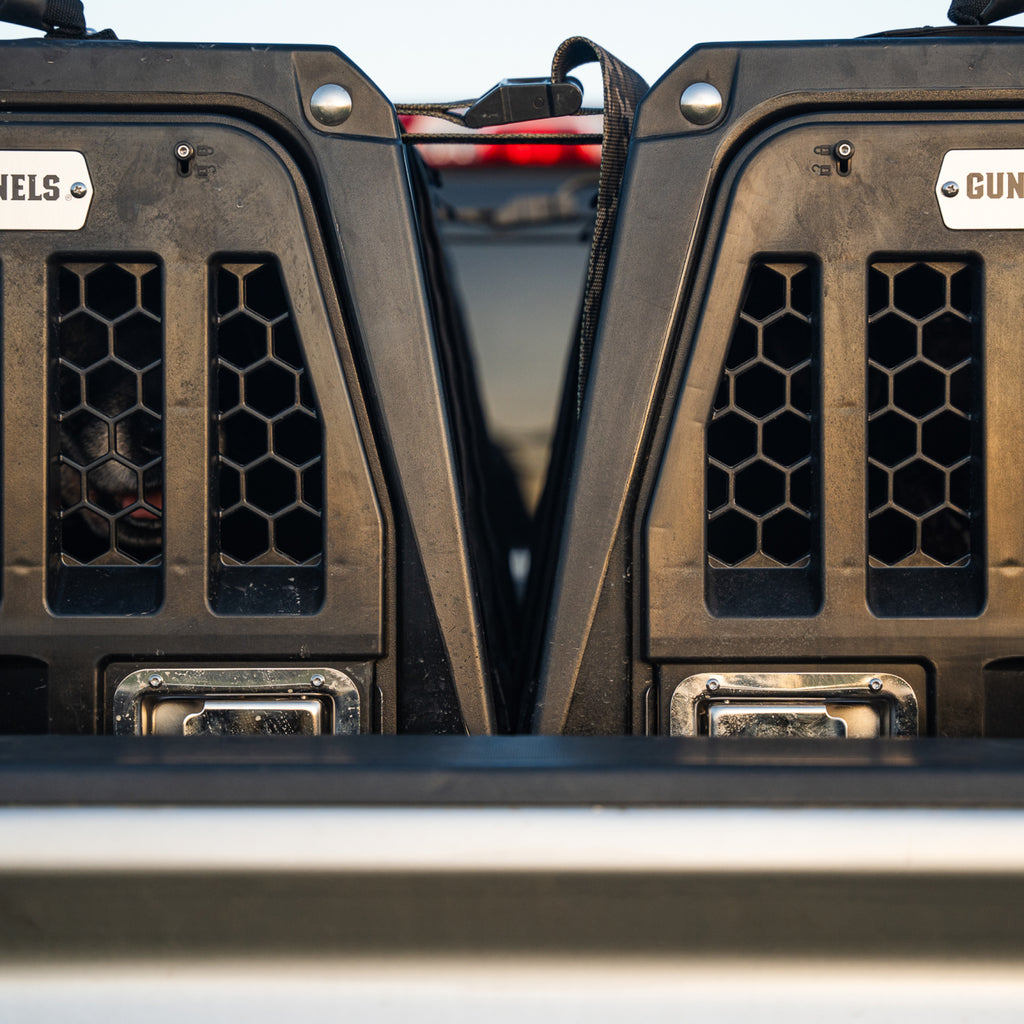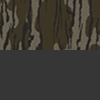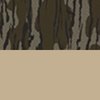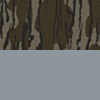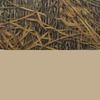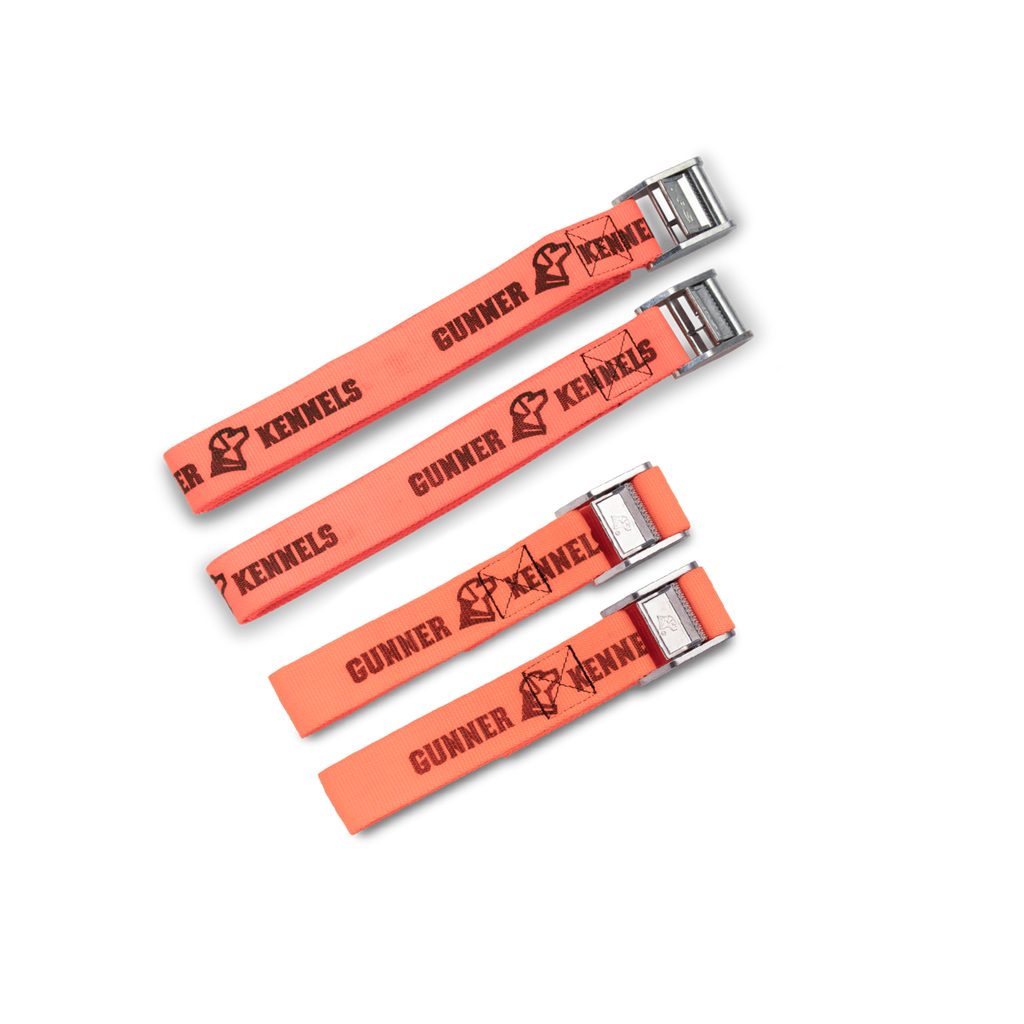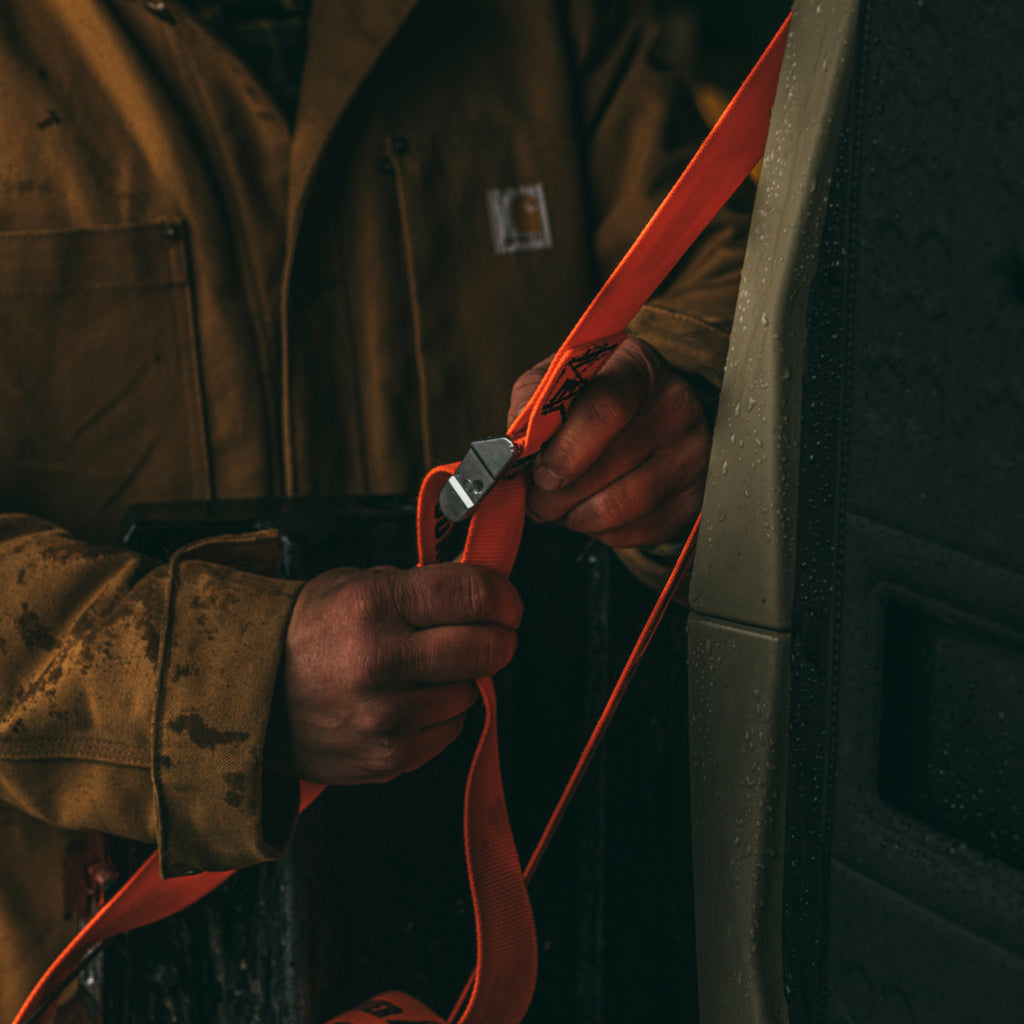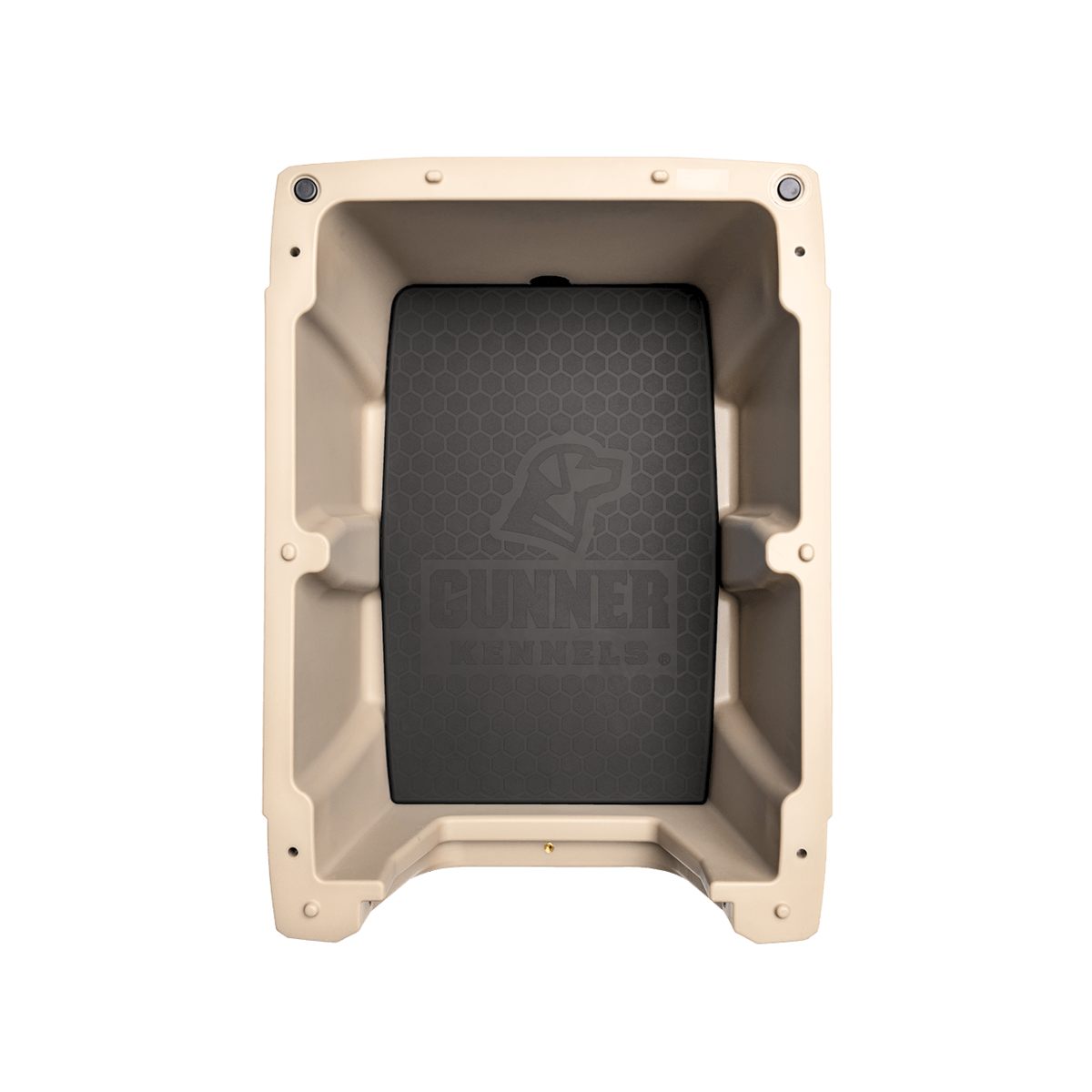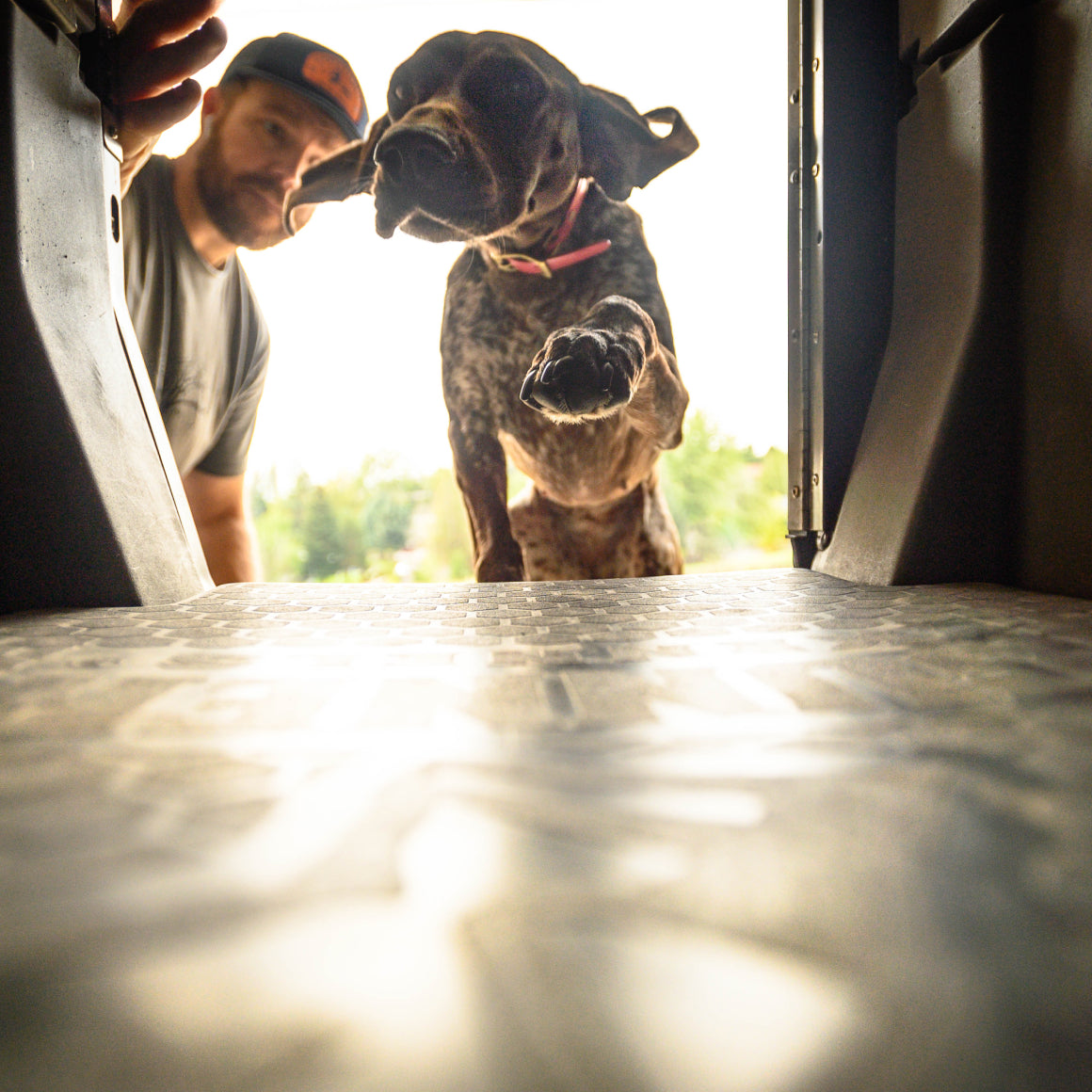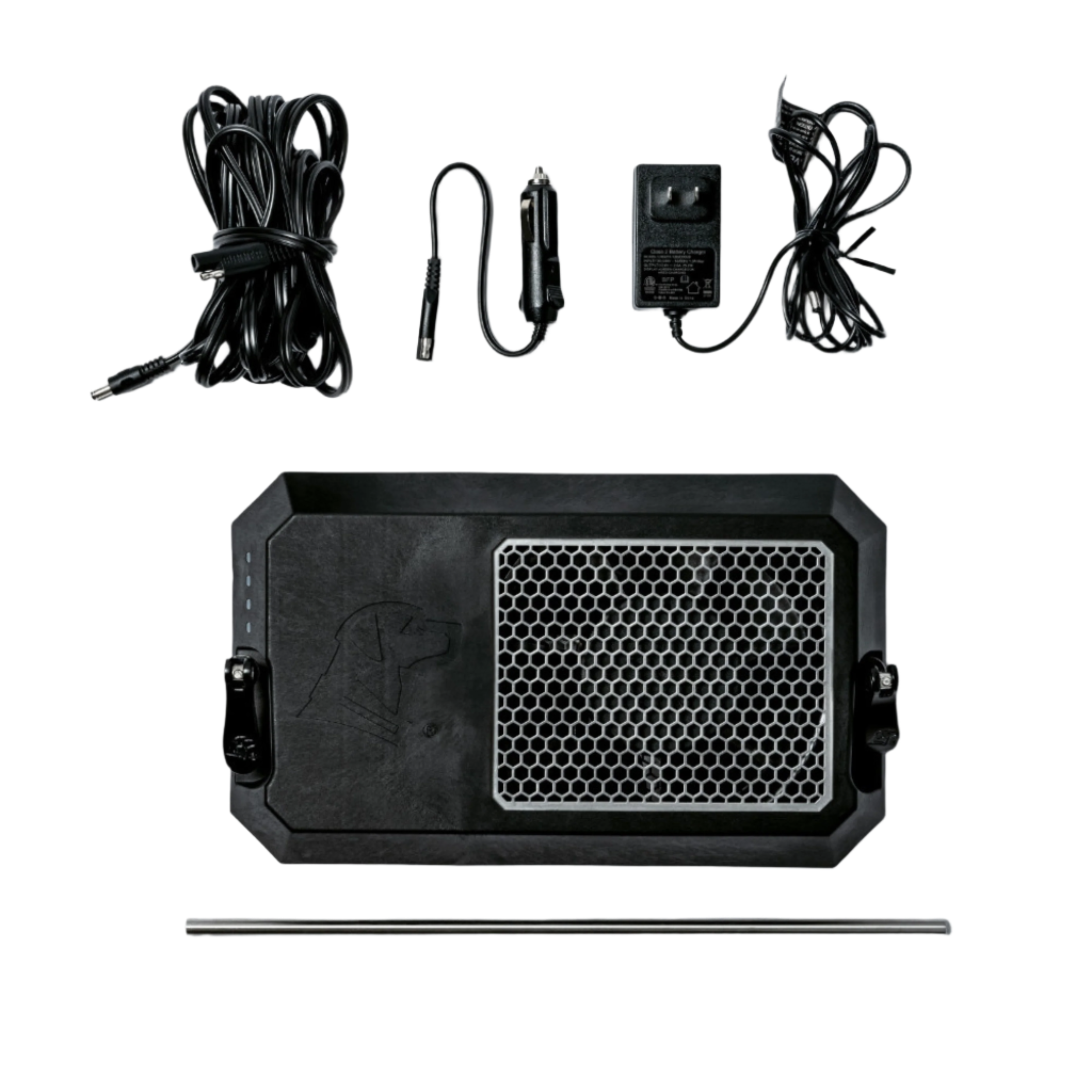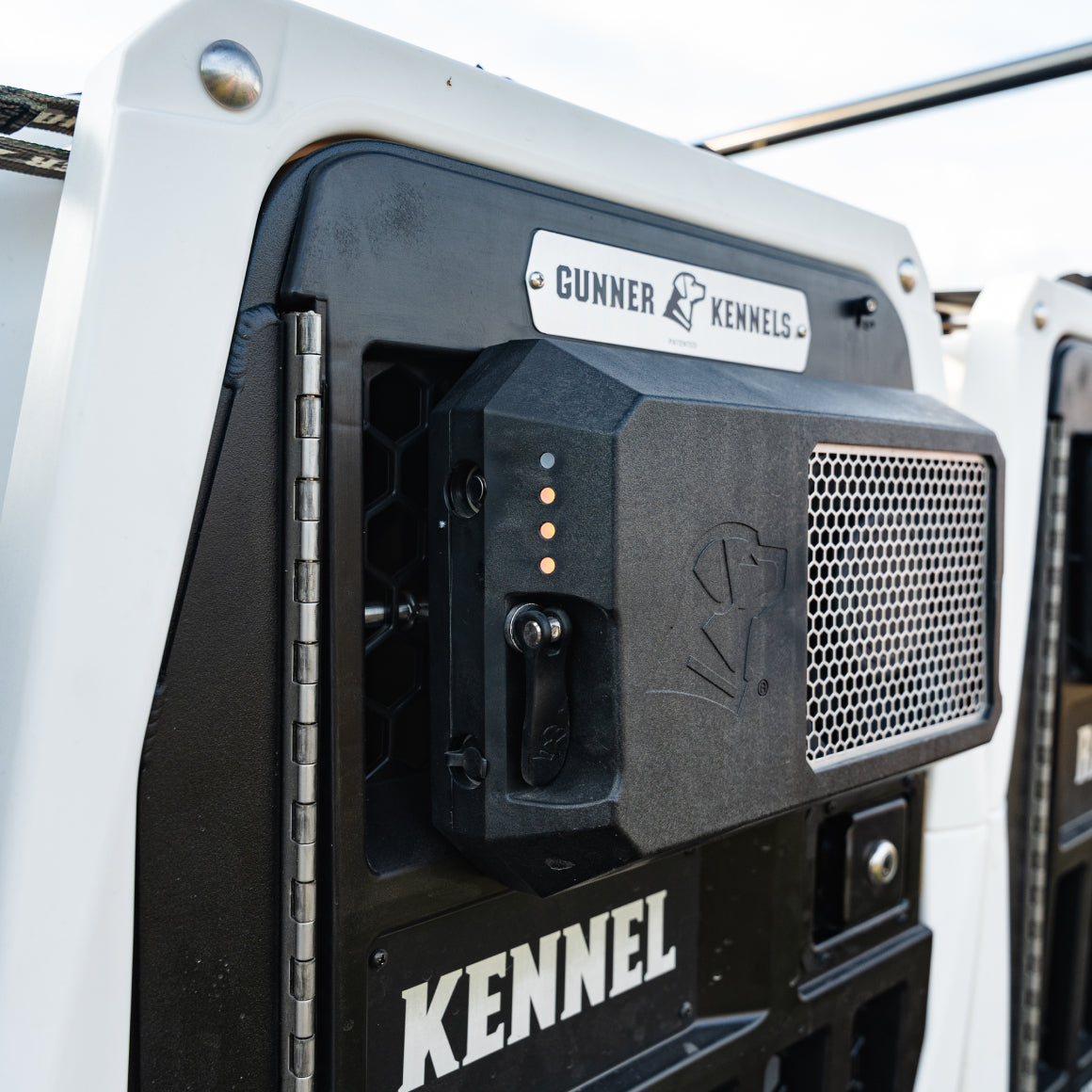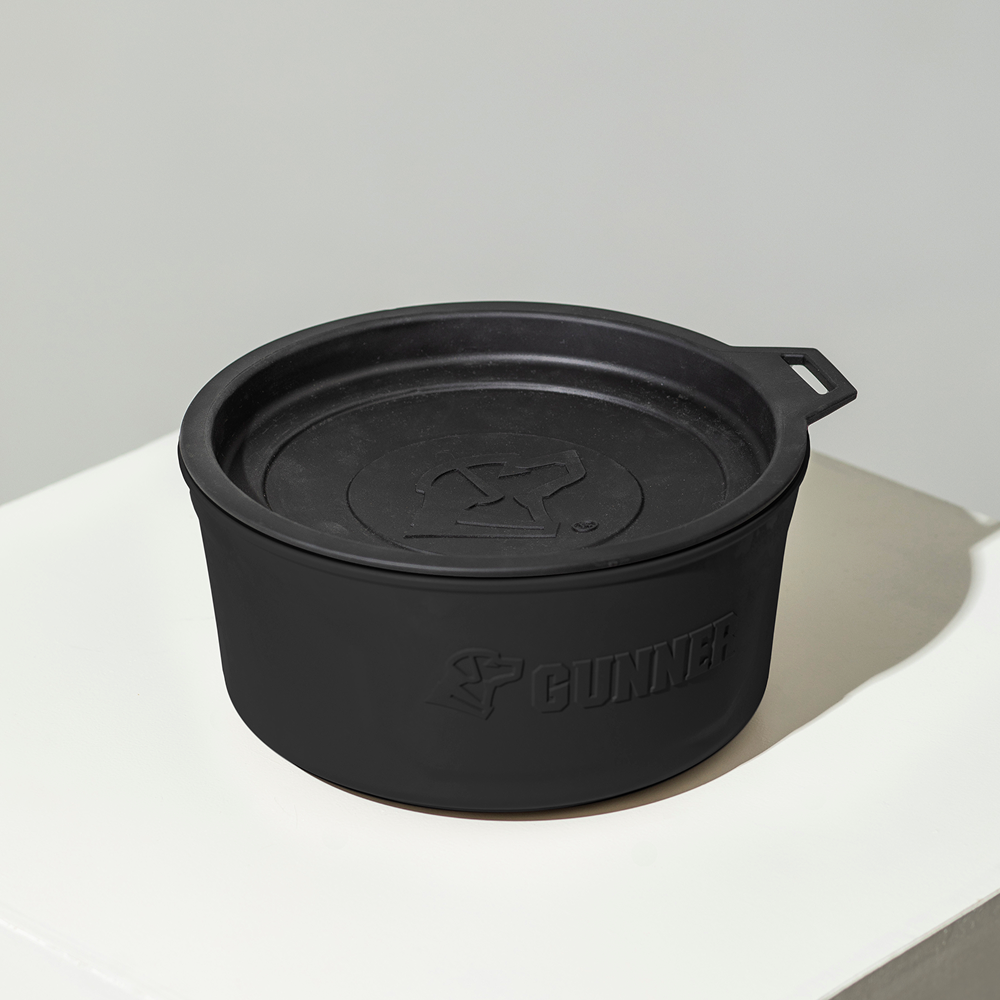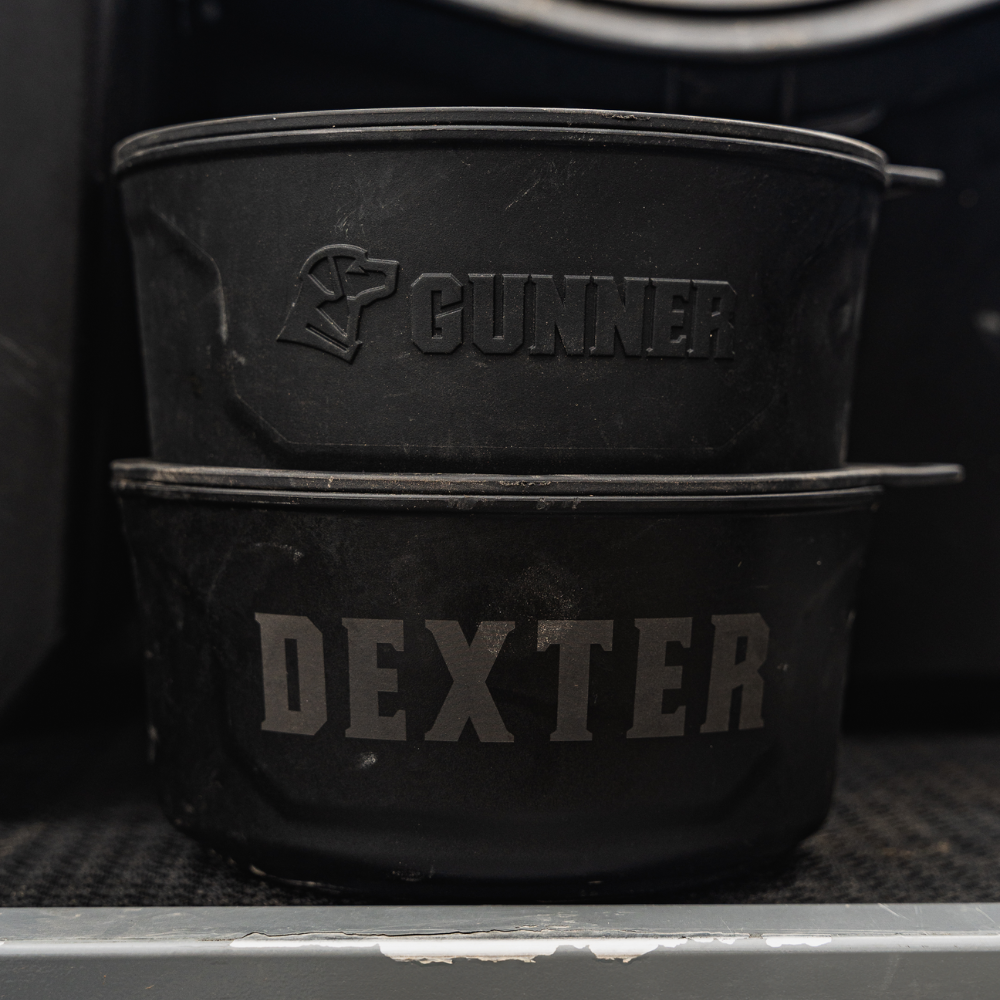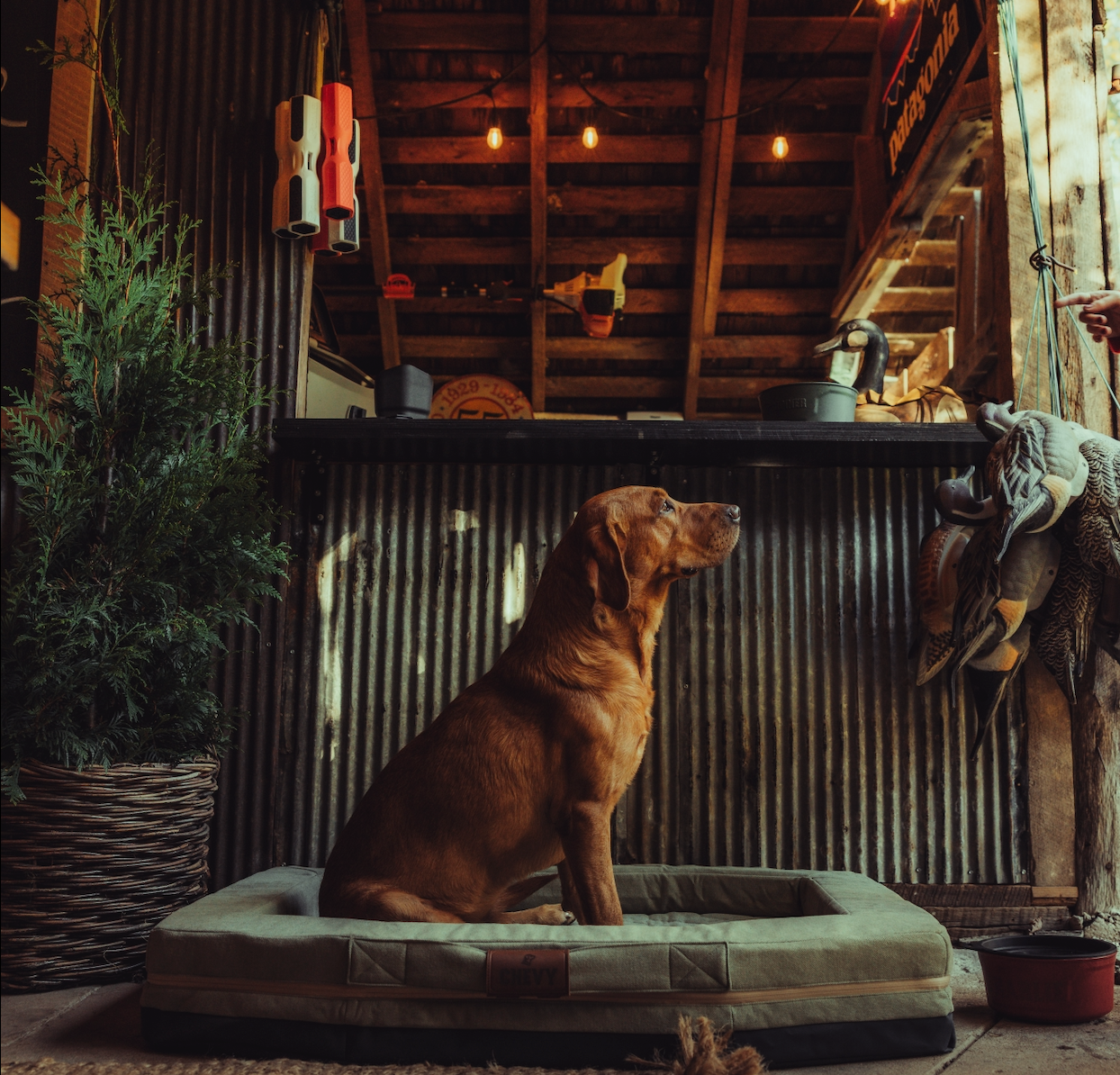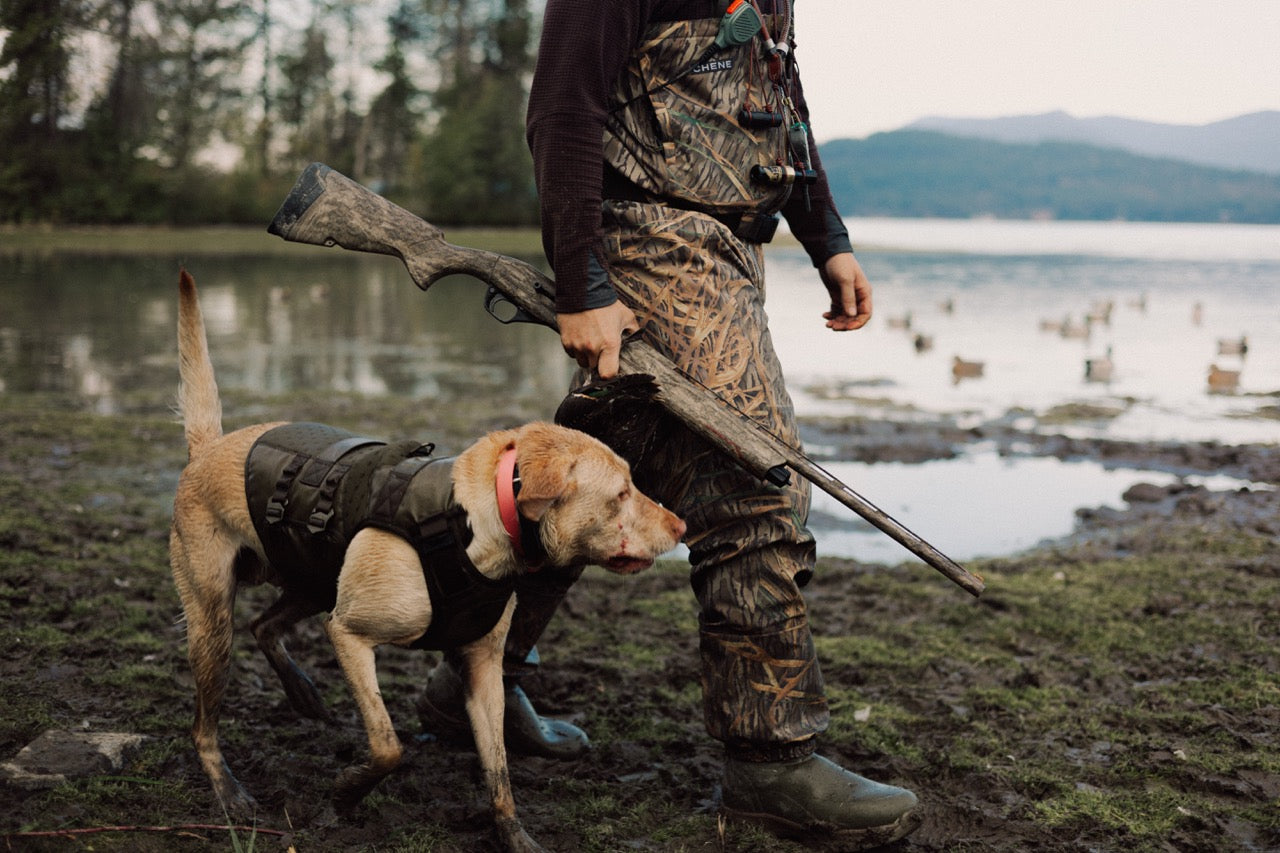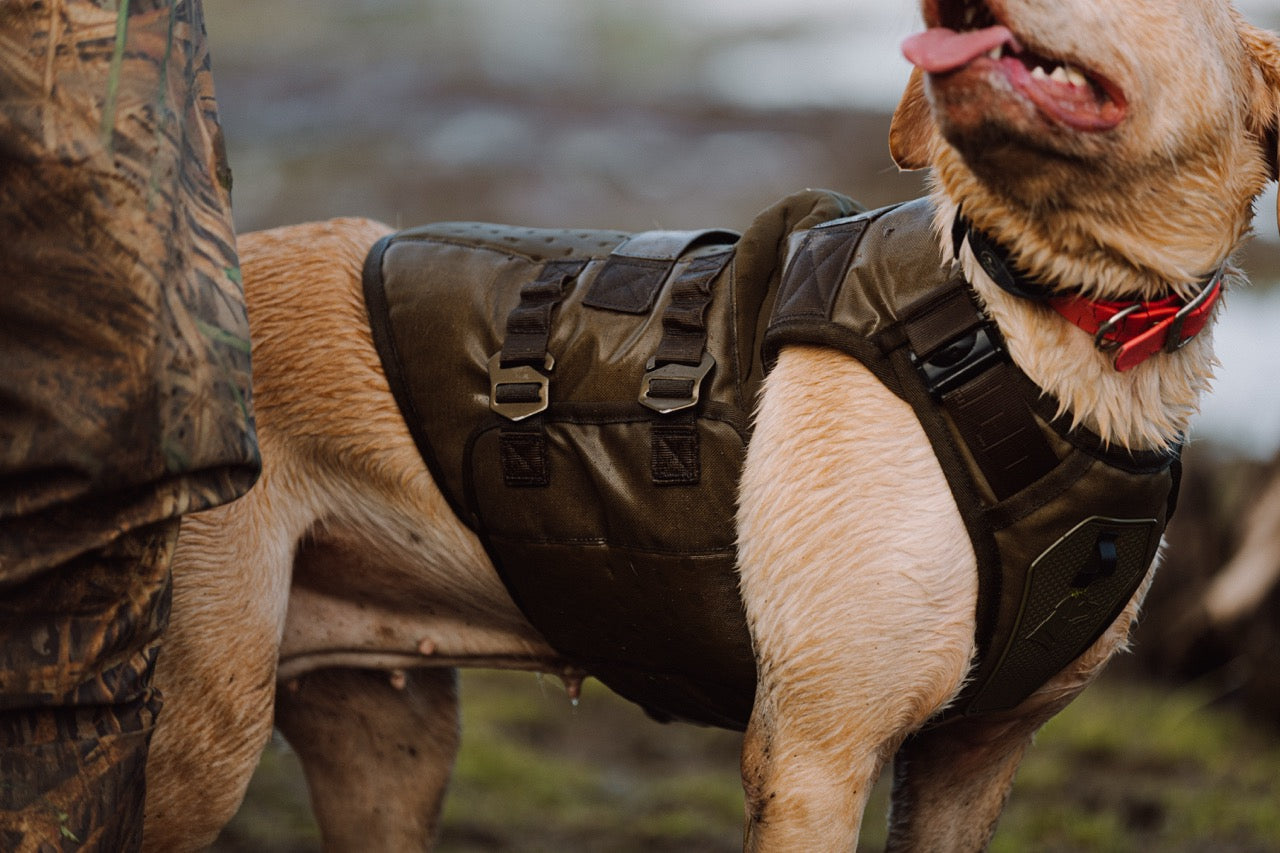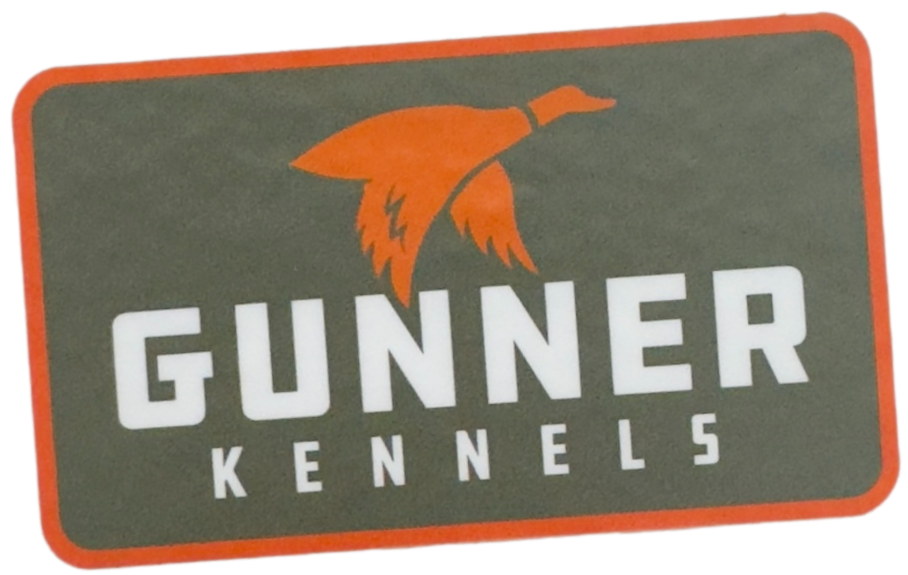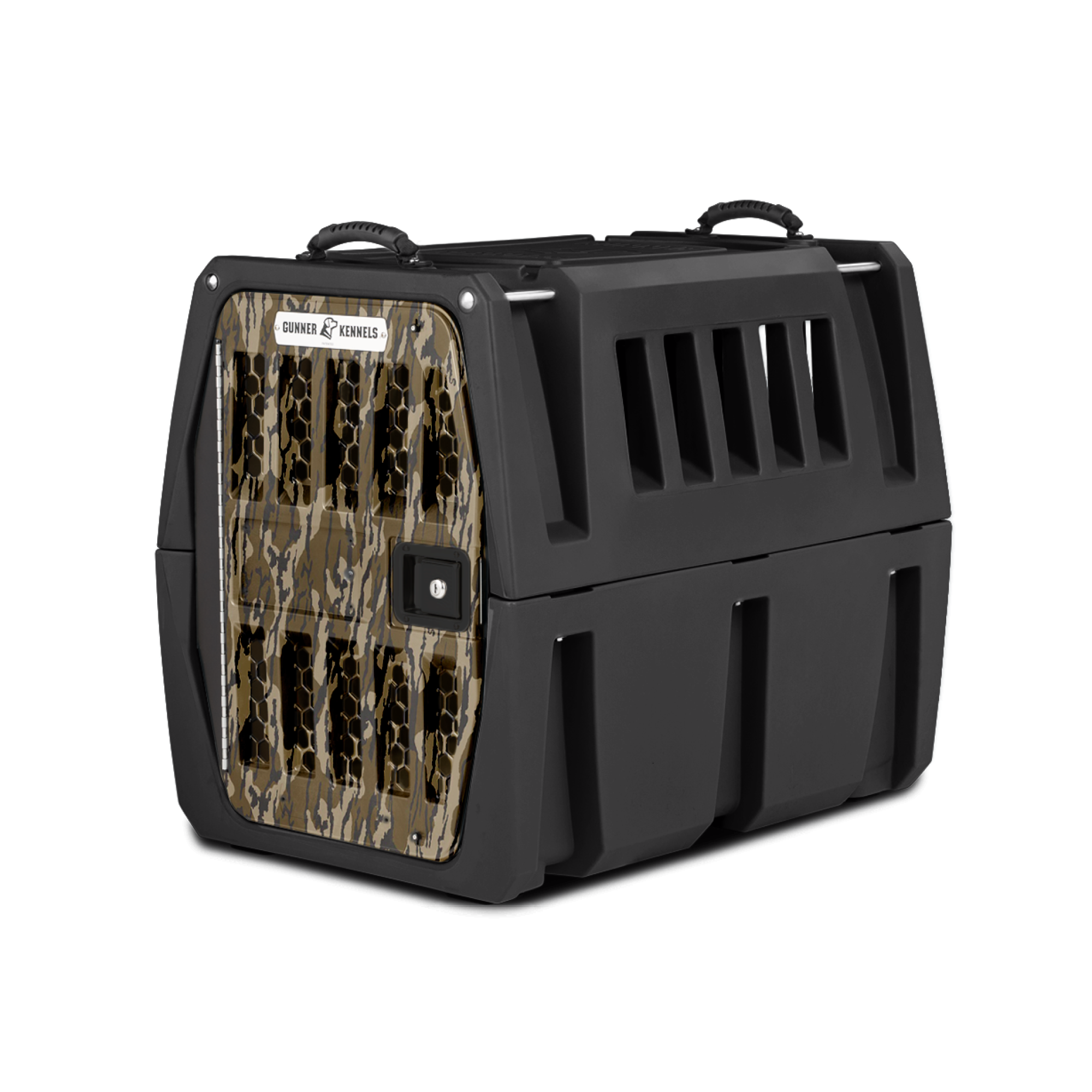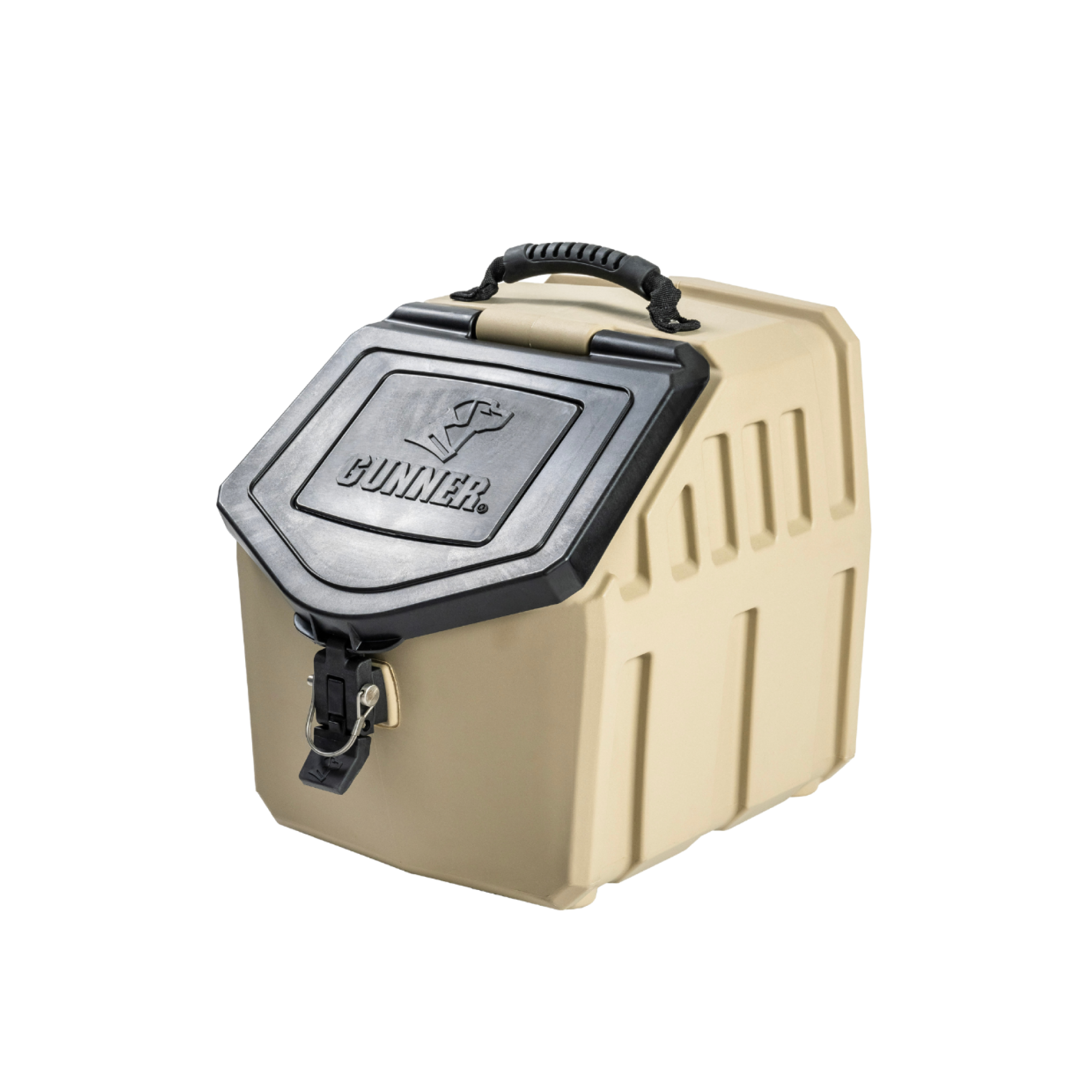We wanted to know what items should always be in a serious Upland Hunter's vehicle, so we turned to Matt Hardinge, a photographer, avid upland hunter, and good friend, to hear what he considers to be the essentials.
His primary pursuit is Chukar, and if you've ever spent a day in the field pursuing these red-legged devils, you know they live in some very remote places where things can go south in a flash. He also spends a fair bit of time on the road chasing a variety of bird species throughout the West and beyond, so he has put some serious thought into the gear he takes with him. Here he breaks down the essentials that are ALWAYS in his hunting rig.
Staying Organized
There’s no point in carrying the essentials if you can’t find them when disaster strikes. I use my DECKED storage system to hold everything I need. It means I don’t have to pack the essentials every time I hit the road, I know where everything is at a moment’s notice and everything is safe from the elements and secure from theft in the process. It also provides a great base for my Gunners by covering up the wheel wells, leaving more flat space to for the kennels to ride.

Photo courtesy of Sam Wells
Warmth and Shelter
I always keep a small backpacking tent, sleeping bag and sleeping pad inside my DECKED system. It isn’t the most comfortable set up but provides a place to sleep if I needed to spend the night at the bottom of a canyon, and being able to sleep prone is definitely more comfortable than the driver's seat of the truck. I also regularly carry an insulating layer as well as a rain shell. Temperatures and weather can change quickly in the high desert and as rare as rain is in Chukar country, if it does come you’d best be prepared for it.
Vehicle Recovery and Prevention
The best way to avoid spending the night in the backcountry (unintentionally) is having the ability to get yourself out of there — no matter what. From soft sand to wet mud and deep snow, getting stuck is a real possibility. A winch is nice to have but there aren’t actually many trees where I hunt, so my best defense is a pair (or even 2 pairs) of recovery boards. The Amazon specials will do just fine, but the better, more durable product comes from Maxtrax.
Sharp rocks are ever present where I hunt and 10 ply tires are a must, as is a full size spare. The stock jack that comes with your vehicle may work on the side of the road but in the backcountry a Hi-lift jack will be your best bet and actually can be used in a variety of other self-recovery situations. This may sound obvious, but if you’ve lifted your truck and added some bigger tires, the stock jack may not work anyway (speaking from experience).
Every time I know I’m going to a really remote area I will bring extra gas in a jerry can and fill the Rotopax on my truck with water and gas. There’s been a couple times I’ve not only almost run out, but I’ve also used my extra gas to help others in need as well.
Other essentials are a decently equipped tool box, air compressor, jump starter, solar charger, tow strap, impact wrench, fix-a-flat, hose clamps and of course, the holy trinity of field repairs: zip ties, duct tape, and WD-40.

First Aid
I always carry a MyMedic first aid kit, it’s probably the best equipped kit that’s readily available to consumers and still comes in a small enough package to fit into tight spaces. I also have a second smaller kit of theirs which is geared towards the dogs. This one never leaves my upland vest except to be used or replenished, and inside I have a few extras like a stapler, dog meds, pliers (I do have German dogs after all), eye drops and vet wrap.
Nutrition
Inside my DECKED drawers I have one of their D-boxes that has a week’s worth of freeze dried food, beef jerky, protein bars, dried mango, and coffee. I also have utensils, lighter, a jetboil (with extra fuel), water filter and a mug. While this is technically for ‘emergencies’ I am always hungry after getting off the mountain and having these readily available is a nice thing to have. Speaking of nice things to have, carrying a 6-pack doesn’t hurt either!
If you're like me, beer is usually the first thing to come to mind when prepping the cooler, but having enough water for you and your dogs is incredibly important out West. Having a water filter is all well and good until there isn’t any water in the first place. I always carry several gallons of water with me on each trip and encourage the dogs to hydrate whenever we come across a natural source, just to conserve even more. Carrying extra food in the truck for the dogs is always a good idea too, if you get stuck out there, you don’t want them to be tucking into your rations too.

Navigation + Communication
I rely on my Garmin 200i in the field, keeping tabs on the dogs and being able to call for help is important. But, electronics break, batteries die, chargers get forgotten at home, so being extra prepared is always a good thing. I happen to love paper maps and they play an important role in my scouting process and there’s always a compass inside my upland vest as well. Carrying a map and compass is great, but knowing how to use them is even better!
I also carry a set of radios in the truck at all times. These are useful as a backup to your phone (if it even has signal) and the inreach. But they are also nice to have in case you’re with someone and need to split up, or as a last ditch effort to call for help in the middle of nowhere.
Final Tips
While this list of gear and advice won’t save you every time s#!% hits the fan, it will be sure to help. Like most things in life, planning ahead can save you a lot of problems down the road. Simple things like telling people where you’re going, researching the closest veterinarian, checking the weather and knowing where the gas stations are will save you a lot of trouble.
Have fun, shoot straight and be safe!
Matt Hardinge is an avid upland hunter based in the Northwest and he spends most of his time hunting the great basin region in search of chukar with his German Wirehaired Pointers.


